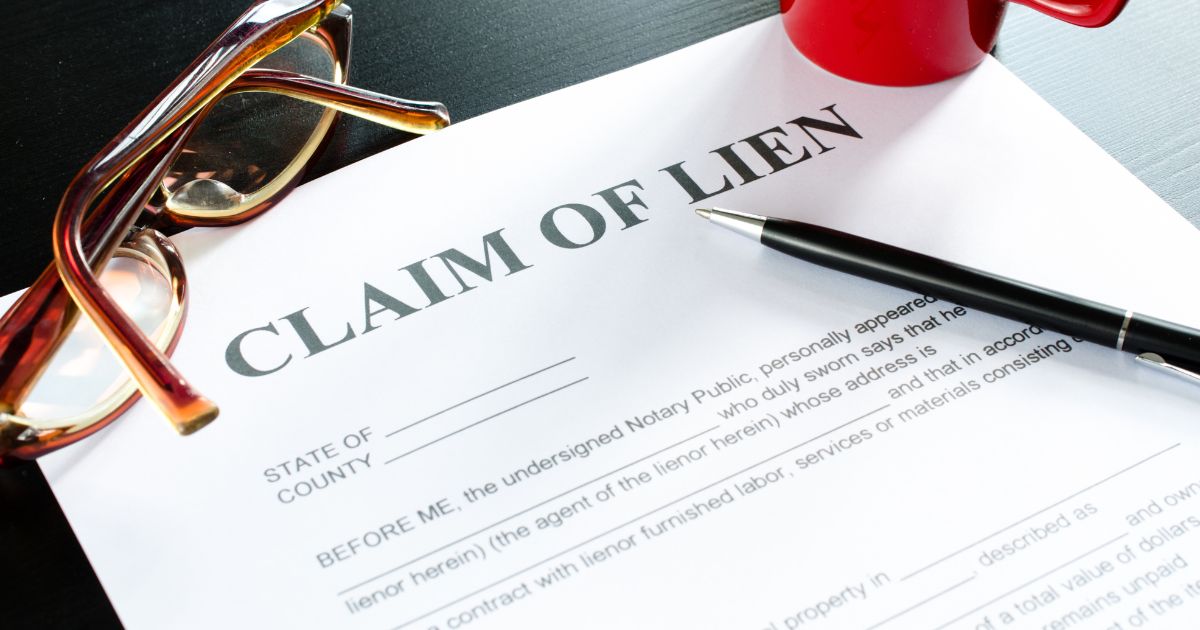What Does a Lien on a Personal Injury Settlement Mean?
Posted on: January 4, 2024
Liens are claims on the proceeds of personal injury settlements to reimburse third parties who fronted expenses for medical care and other services related to the injuries. Healthcare providers, insurance companies, or government agencies typically impose liens. Though liens are debts owed, they are often necessary to ensure the person receives the medical care needed without upfront costs.
Liens are derived from state or federal laws or contracts, and several types can be imposed on personal injury settlements, such as:
- Medical bills: The most common liens are imposed by healthcare providers to cover the expenses related to treating your injuries, which are often high in personal injury cases. Most states have laws allowing liens by medical providers to ensure uninsured individuals receive treatment by deferring costs until their injury case is settled.
- Insurance liens: Contractual liens are usually included in insurance policies stating that provided benefits must be repaid if you receive a settlement for your injuries.
- Governmental liens: Government entities can impose a settlement lien if you receive local, state, or federal government benefits due to your injuries, such as Medicare and Medicaid, unemployment, housing, welfare, or food stamps benefits. The government can also seize other debts from your settlement, such as unpaid child support, income taxes, or alimony.
- Attorney fees: Most personal injury lawyers work on a contingency basis, meaning fees and expenses will be deducted from your settlement. Fees will be discussed and agreed upon before your lawyer takes your case, so these costs may not necessarily be considered a lien, depending on the terms.
- Credit card debt: Injuries suffered in accidents frequently result in an inability to work and receive income temporarily or permanently. As a result, many rely on credit cards to pay for expenses. Credit card bills and associated fees can mount quickly, often creating more debt than the holder can pay. Credit card companies are not entitled to place liens on settlements; however, most will negotiate a reduced amount owed if you voluntarily agree to a settlement lien.
- Pre-settlement loans: Similar to credit cards, some individuals opt for a pre-settlement loan to cover expenses until a settlement payment is received. Pre-settlement loan contracts authorize loan companies to place liens on your settlement proceeds. These loans are often risky and expensive; most companies will not negotiate lower rates for amounts owed.
How Will a Lien Affect My Personal Injury Settlement?
Liens on personal injury settlements can impact your settlement, depending on the amount you are awarded, the number of liens, and the funds owed. Settlements are distributed to clients’ lawyers, and lien costs, fees, and expenses are typically deducted before clients receive the funds in most cases.
Depending on the repayment terms, clients are expected to personally pay liens if the settlement does not cover the costs or the case was lost. However, an experienced personal injury lawyer may be able to negotiate for a reduced payment or establish a payment plan.
Can Liens Be Negotiated?
Sometimes, your personal injury lawyer can negotiate lien amounts or payment conditions, though not all liens are negotiable. Most lien holders are willing to consider lowering lien amounts or terms in personal injury cases.
Negotiating liens requires a skilled personal injury lawyer with experience negotiating with insurance companies, medical providers, and others. If liens are placed on a potential or awarded settlement, having your lawyer negotiate them is in your best interests.
Our New Jersey Car Accident Lawyers at Ellis Law Negotiate Settlement Liens for Injured Clients
Settlement liens help ensure you receive medical care and other expenses related to your injuries after an accident. However, liens can impact the proceeds you recover. Our New Jersey car accident lawyers at Ellis Law have experience negotiating lower lien amounts and terms. Call 732-308-0200 or contact us online to schedule a free consultation. Located in Freehold, New Jersey, we serve clients in Asbury Park, East Brunswick, Toms River, Middletown, Jersey City, Long Branch, Neptune, Hudson County, Union County, Essex County, Monmouth County, Marlboro, and Ocean County, as well as Brooklyn and New York City.


